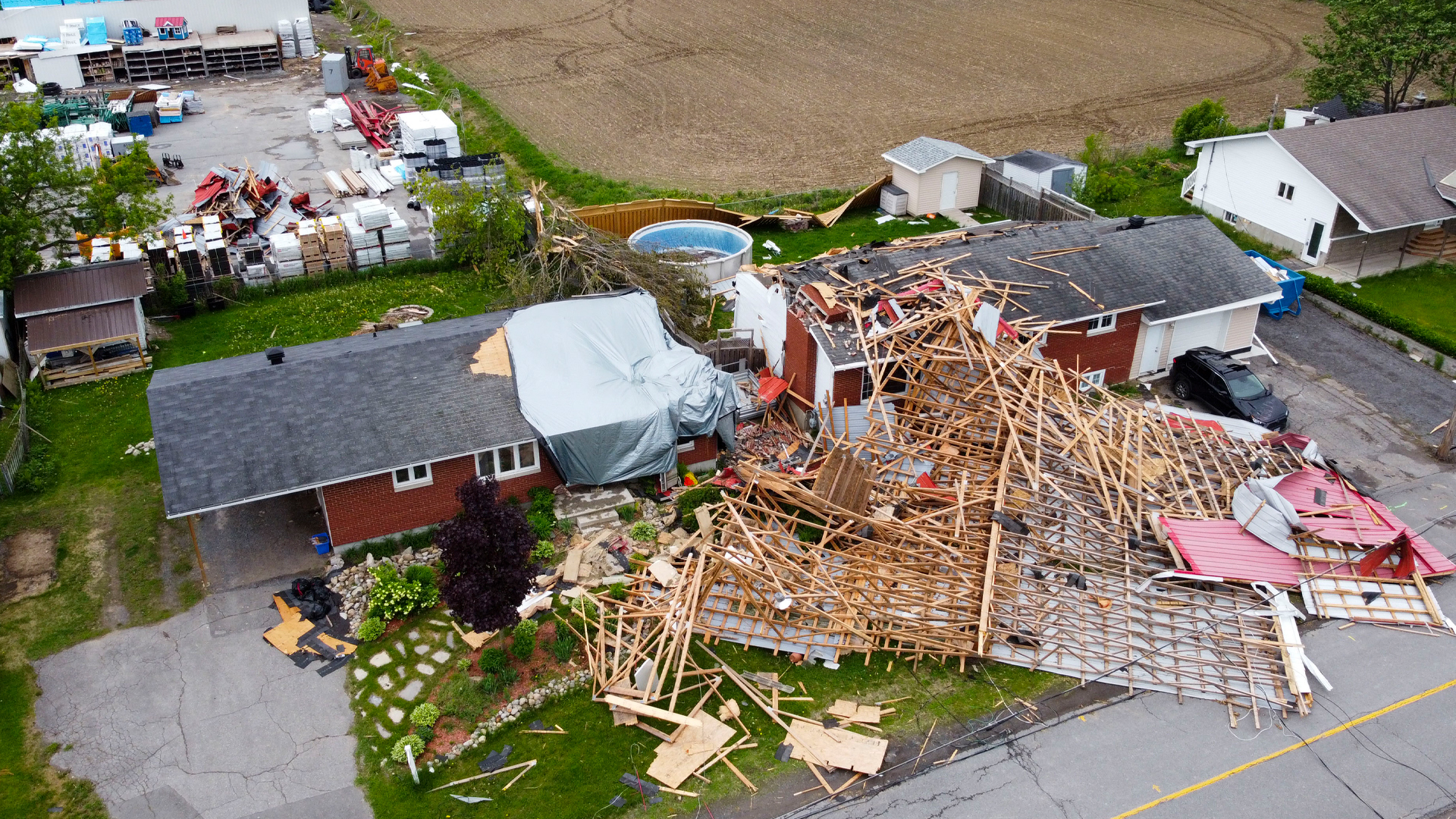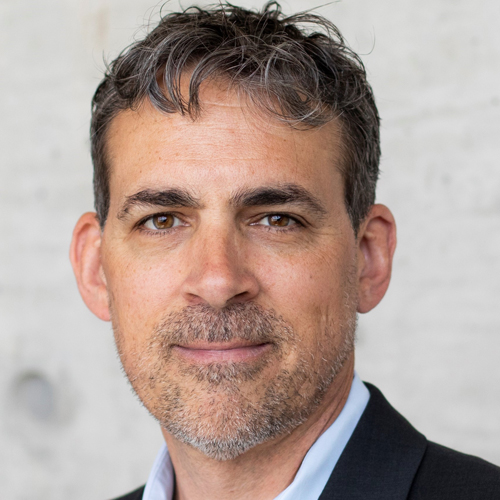
As Canada continues to grapple with pandemic fatigue, political divisions and associated public frustration, the risks of climate change are lurking in the wings. United Nations research shows that the world is unprepared for the effects of climate change. This challenge brings two dimensions: finding a consensus on ways to reduce carbon and planning for the effects of the extreme weather changes already unleashed.
To help Canada cope with the effects of climate change, Ottawa policymakers have released the 2030 Emissions Reduction Plan. The federal government recognizes that work is needed to adapt and build resilience to our changing climate.
The question is: Does anyone trust them to do it? We argue that it is time for Ottawa to assemble a coalition of the trusted.
Our 2022 CanTrust Index shows the pandemic has been damaging trust in government. Overall that trust fell 10 points to 22 per cent in the past year. It’s the lowest we have found in seven years of tracking. A mistrust variant has taken hold in Canada and its impact is sweeping. If the public’s trust in government handling of the COVID crisis is any indication, leaders will be tackling the climate crisis from shaky footing.
Why does trust matter? There are many reasons, including that good public policy should inspire confidence. In addition, Canada is vast and complex, and implementing a climate adaptation policy will require partnerships. Political leaders need to focus on more collaboration and less confrontation. The hyper-partisan age is corrosive to trust.
To fight climate change and meet the promises outlined by the federal government decision-makers must look to trusted sources to develop policy and share their message.
What does a trustworthy climate adaptation strategy look like?
An important clue is that scientists and doctors remain our most trusted voices in Canada, despite the fatigue and frustration of this pandemic. Nationally, our 2022 research finds 69 per cent of people trust scientists to provide reliable information on climate change.
In the pursuit of trust in public policy, however, a lesson of the pandemic is that science can’t do it alone. It’s nonlinear, always evolving and not always concerned with practical implications. That means the “truth” (to the extent there is one) is messy.
So, part of the reason that trust is important for addressing climate change is because the science on climate change is messy, the practical implications are not straightforward, and different stakeholders have different views on the issue. That’s why we need a coalition.
Canada needs unelected experts who are on the front lines of the climate crisis to bring fact-based recommendations to the table, and we need politicians to listen. The United Nations has called for urgent action and an end to the “dithering” by politicians. Instead of politicizing the climate crisis, which achieves nothing, our elected leaders need to also look to those who have been fighting natural disasters for years and are trusted by Canadians to respond effectively.
We find a high level of trust in important quarters relevant to managing the impact of climate change. When a community or region in Canada is hit by natural disasters such as floods or fire, 61 per cent trust the Canadian military to provide a meaningful response and support.
Canada must adopt an emergency mindset to climate change
Cost-benefit analysis is the wrong tool for tackling climate change
Local community not-for-profit groups are next at 57 per cent and national charities at 56 per cent. When a climate crisis hits, Canadians are more trusting of those on the front lines – the first responders. These unelected bodies need to be consulted and their stories told for effective policy to be implemented.
Five approaches to boost trust into Ottawa’s climate adaptation strategy
- Scientists and doctors have the highest level of trust for defining the problems and solutions, and in preparing for the adverse health impact of events such as extreme heat.
- By announcing a joint committee to combat extreme weather events in British Columbia, the Trudeau government has taken an important step to combating climate change in the region. However, the Canadian military needs to be equipped across the country for the crisis relief work that will be needed. Our soldiers are trained for many specific missions, and climate disasters should be acknowledged as an additional role.
- We must engage and involve the not-for-profit and charitable sector, nationally and locally. Groups such as the Canadian Red Cross bring resources and skills as well as a high level of trust.
- Indigenous leaders must also be involved, because their communities are often ground zero for fires, floods and other extreme weather. Reconciliation takes many forms, including engagement on health and safety issues.
- Business leaders should play a role to inject the innovation and imagination of the private sector. Our research finds that a sizeable majority of Canadians want business leaders to be more vocal on social and climate issues.
Research shows that trust is built by ability, empathy and integrity. These virtues can be assembled when you build the right team. Canadians can be a trusting people – they just need to see the right team coming over the hill.











